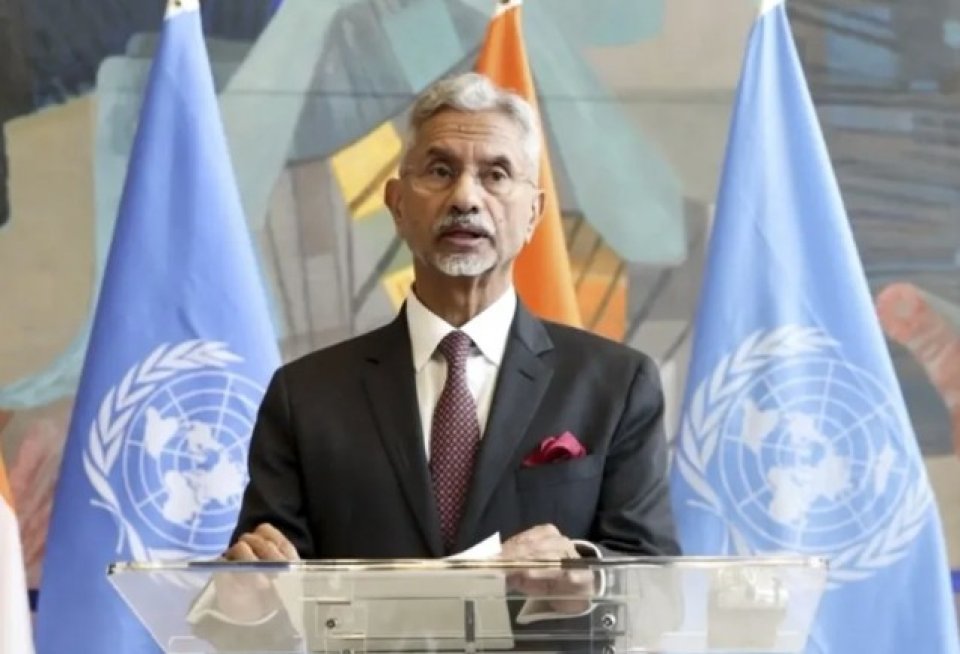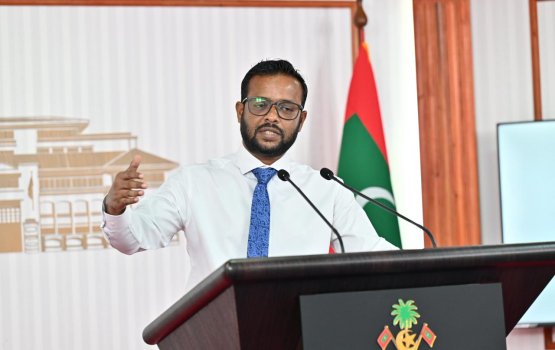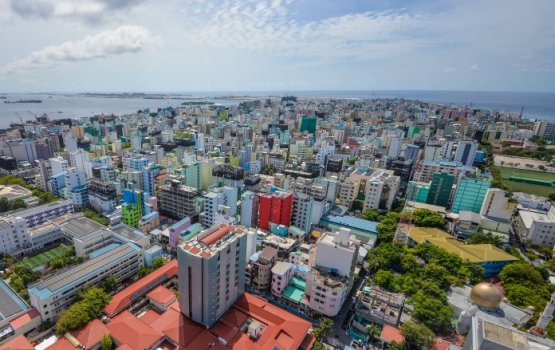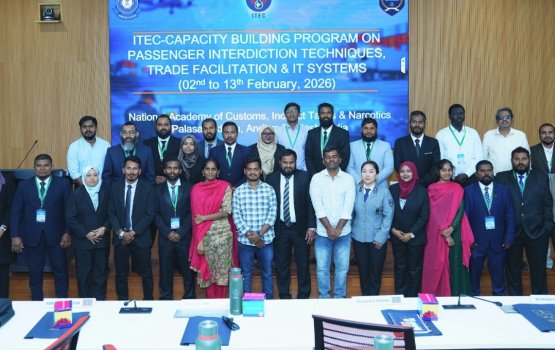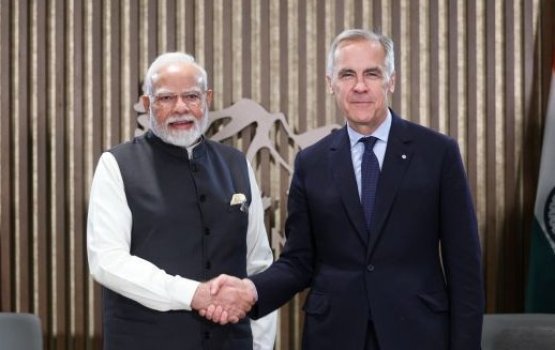External Affairs Minister S. Jaishankar on Saturday described the United States’ additional tariffs on Indian goods as “unjustified and unreasonable,” but underlined that channels of communication between the two countries remain open and active.
Speaking at The Economic Times World Leaders Forum 2025, Jaishankar said the measures had been wrongly framed as an “oil issue” and stressed that India would not compromise on protecting the interests of its farmers and small producers.
“Talks are ongoing,” he noted. “We are two big countries, we need to have conversations… the lines are not cut, people are talking to each other, and we will see where that goes.”
The comments came after U.S. President Donald Trump announced tariffs of up to 50 percent on Indian products — the highest on any country. A 25 percent tariff has already taken effect, while another 25 percent, linked to India’s energy imports from Russia, is due on August 27.
Jaishankar said he found the decision puzzling, especially given earlier U.S. calls for countries to stabilize energy markets. “It is being presented as an oil issue,” he said, pointing out that the same reasoning had not been applied to China, the world’s largest oil importer, or to Europe, the largest importer of LNG.
He highlighted what he saw as inconsistencies in the Western approach, noting that Europe’s trade with Russia remains significantly larger than India’s. “When people say we are funding the war, Russia–European trade is bigger than India–Russia trade. If the argument is energy, they are bigger buyers. If the argument is trade, they are bigger traders,” he said.
On repeated U.S. claims that India was profiting by refining discounted Russian crude and selling it at higher prices abroad, Jaishankar replied: “If you have a problem buying oil or refined products from India, don’t buy it. Nobody forces you to buy it. But Europe buys, America buys.”
The Minister reiterated that India’s “red lines” revolve around defending domestic priorities. “Our farmers and small producers are central to our considerations. That’s not something we can compromise on,” he said. He added that decisions made in India’s national interest reflect its principle of strategic autonomy.
Asked about suggestions that tensions with Washington were pushing India closer to China, Jaishankar dismissed such analysis as oversimplified. “It would be a mistaken assessment to reduce everything into a single integrated response to a very specific situation,” he observed.
He also restated India’s longstanding position that there can be no third-party mediation in its relations with Pakistan. “For more than 50 years now, there has been a national consensus that India will not accept mediation on this matter,” he said, responding to U.S. claims about brokering the May ceasefire between India and Pakistan. (Source: IE)

